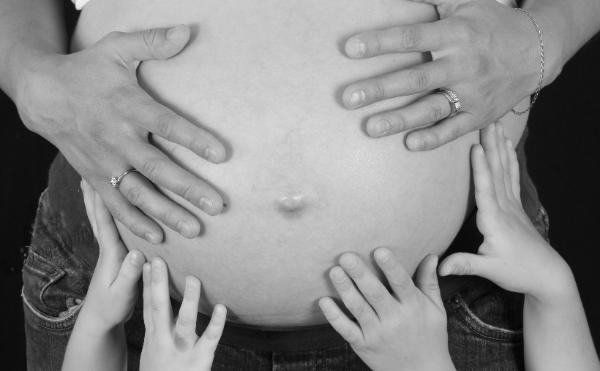I was "randomly selected" to receive a questionnaire on the health of mothers and babies in WV. "PRAMS: Pregnancy Risk Assessment Monitoring System. You can help improve the health of West Virginia babies," the cover states. WV Department of Health & Human Resources sponsors the questionnaire.
An aside. I do find it a bit odd that 1 out of 14 WV new mothers receive the questionnaire, yet I received one following my 2008 homebirth as well. Coincidence?
Most of the questions were multiple choice or yes/no demographic questions or asking about health during the pregnancy, whether I had insurance, whether I smoked or drank or took vitamins, whether my baby was in NICU, etc.
At the end was this gem. "Please use this space for any additional comments you would like to make about the health of mothers and babies in West Virginia." Why, I don't mind if I do.
Here's what I wrote. I could have done better with time to prepare, but I wanted to get it finished and in the mail.
*******************************************************************************
WV has the 5th highest cesarean rate in the US, 36.3%. (cesareanrates.com) The World Health Organization has stated that the cesarean rate should never exceed 15% or else more harm is being done than good. Clearly, WV's cesarean rate is adversely affecting the health of mothers and babies through both preventable mortality and morbidity.
"According to the World Health Organization, midwives should be the preferred medical caregiver for low-risk pregnant women, reserving OB-GYN's for high-risk pregnancies for emergency birth complications only." (http://www.choicesinchildbirth.com/Choose_Your_Medical_Caregiver.html)
World Health Organization "Definition of the Midwife," 1992:
"The most appropriate person to care for pregnant women is someone with midwifery skills who lives close to the community. People trained in midwifery are qualified to provide preventive care to pregnant women, detect abnormal conditions in mothers and infants, assist women through labor and delivery and prescribe essential drugs. When delivery complications arise, those providing midwifery care especially at the community level- need to be able to carry out emergency measures if medical help is absent and get medical assistance or refer women to an appropriate health facility."
The answer to safer, healthier pregnancies in WV and around the world, is MORE MIDWIVES, both in and out of hospitals. More midwives means huge savings in healthcare dollars, too.
Following the 6 recommendations for the safest birth possible (as recommended by the World Health Organization) would dramatically improve outcomes:
1. Let labor begin on its own.
2. Walk, move around, and change positions throughout labor.
3. Bring a loved one, friend, or doula for continuous support.
4. Avoid interventions that are not medically necessary.
5. Avoid giving birth on your back, and follow your body's urges to push.
6. Keep your baby with you--it's best for you, your baby, and breastfeeding.
Details, free videos and print materials at mothersadvocate.org.
* WV MOMS DESERVE EVIDENCE-BASED CARE. * Their babies--our babies--depend on it.
*******************************************************************************
This is what I wrote on the back of the return envelope.
I don't know how to rotate that, so here's what it says.
"WV cesarean rate: 36.3%
World Health Organization max recommended cesarean rate: 15%"
"Treating normal labors as though they were complicated can become a self-fulfilling prophecy. --Rooks"
*****************************************************************************
What would YOU say in the write-in section about the health of mothers and babies and birth in your state/region?


